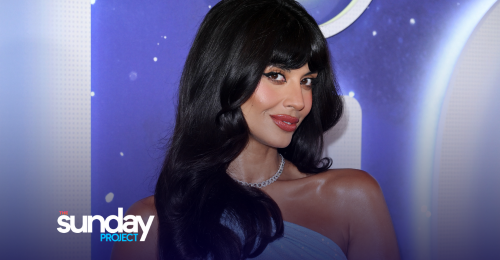The post follows what Jamil described as a breach of trust, prompted by a recent profile in The Sunday Times by Liz Edwards. Jamil said it “read like a cheap, bitchy, Daily Mail blog, written by a student desperate to get clicks to keep their job.”
Jamil insists her frustration isn’t about gender bias. “I love being interviewed by women… But my trust has been broken for the last time,” she wrote. She went on to explain why the Sunday Times profile was, in her words, the “final straw.”
The actress, podcaster, and presenter noted that out of the “hundreds of women” who have interviewed her over her 17-year career, only three have written about her fairly.
“The others turned up with a preconceived idea of who I was, having never met me, or even known anyone who knows me,” Jamil wrote.
“They don’t scrutinize the systems I expose. They only scrutinize me,” she continued. “What is my motive? I am a woman. I must have a motive.”
Jamil revealed that she recorded her entire interview with Edwards, which she says was pitched as a thoughtful conversation about grief, misogyny, beauty standards, and advocacy.
But when the piece was published earlier this month, Jamil claims, “She compressed 17 years of the natural hairy ebbs and flows that come with being a scrappy, open, outspoken woman… into the opening SIX paragraphs.”
She argues that these female journalists approach her with “an angle,” not to inform or inspire, but “designed to actually uplift the audience, but to instead tear down or embarrass the woman trying and hoping to uplift the audience.”
Jamil believes that when interviewed by women, she’s often asked to prove herself.
“They want to interview me about feminism they say, but they rarely explore my actual thoughts and ideas about our collective experience, but more seek to interrogate my character, why I have a right to speak when I have privilege, why I care, hyper fixate on my fairly innocuous mistakes compared to most men in my industry, and force me to justify why anyone should take me seriously,” she wrote.
“I hate to say it, but male journalists have always given me a fair shot,” Jamil added. “Men do seem at large more interested in actually exploring and challenging my ideas, rather than demanding my credibility to have ideas in the first place.”





























